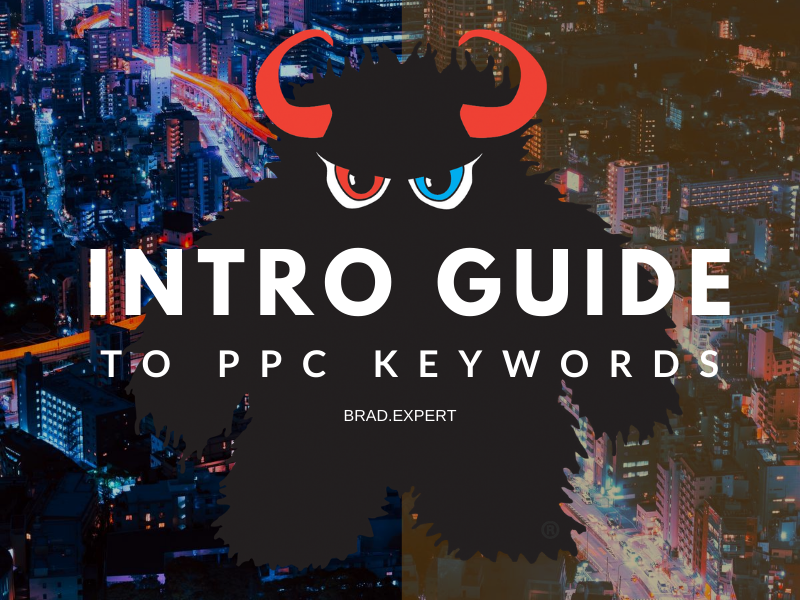
Keyword research is an essential part of any PPC campaign since it involves the identification of popular phrases and words users enter into search engines. It not only provides brands with a better understanding of which keywords are in high demand but it also helps in creating conversions and clicks.
For example, each time a potential consumer uses your keyword in search engines, they get results of your PPC ads, thus, clicking on them.
Keyword Research Introduction
Keyword research ensures your ads show up at the right time and at the right place for your customers to take action. Therefore, it’s vital to brainstorm and identify a list of keywords that relate to your products and services.
First, start by scanning the landing pages that link to your ads to harvest relevant keywords from your copy. However, this only works if your landing page/s have relevant and well-written copy to put together a comprehensive list of keywords.
Second, organize your keyword list into the following categories;
- Brand terms- these are any keywords containing your trademarked terms and brand name
- Related terms- these keywords don’t directly relate to your products or services, but users who want your services use them
- Generic terms- these keywords relate to the products and services you offer
- Competitor terms- these keywords relate to brand names that offer the same products and services as your company
It’s important to note that bidding on competitor terms can be expensive. Thus, if you have a limited budget, it is wise to avoid using them for keyword research.
Broad and specific keywords
Third, you’ll need to come up with both broad and specific keywords for your PPC ads. For instance, you can start with “shirts” as a broad keyword, then move on to “kids shirts” and finally “kids blue long-sleeved shirts”.
Lastly, include variations and synonyms in your keyword list since search engines make connections between related terms at times. For example, some varieties of “kids long-sleeve shirts” can be;
- Kids long-sleeve tees
- Children’s long-sleeve shirt
- Kids long-sleeve t-shirts
Understand Search Intent
Whether or not you are a business owner, marketer, SEO, PPC management expert, you are a consumer with intention. You have intention behind every transaction you make. This intention is also behind the things you search for on Google, Bing, or DuckDuckGo. Think about it, you have a need, you type the need into the search engine, and go.
In the Search Engine World, these intentions fall into three primary categories. There is informational, transactional and navigational.
Why does understanding intention matter? Simply because you want to choose keywords with the intention of what would bring a consumer to your website. If a consumer is ready to make a purchase, then a keyword unrelated to the intent wouldn’t make sense and might drive the consumer away. I highly recommend this blog, Keyword research: Which keywords should you use for PPC ads?
Need help? Just ask!
Choose the right keywords is essential to any good PPC campaign or strategy and it can be hard. Never fear, we provide multi-award-winning digital marketing services to large and small businesses. Let’s Talk!
About Brad Nietfeldt

As one of the most sought after digital marketing gurus in America, Brad’s entrepreneurial career involves writing and producing music, successful tech start ups, working for several fortune 500 companies and in his early 20s he was of the first support staff at the then start up currently known as PayPal.com. Learn more.
Let’s Work Together
TELL ME MORE ABOUT YOUR PROJECT
Want more traffic, leads, & sales?
We work with some of the world’s biggest and most reputable brands, why not allow us to work as an extension of yours? All it takes is a few seconds and a click to start the process.